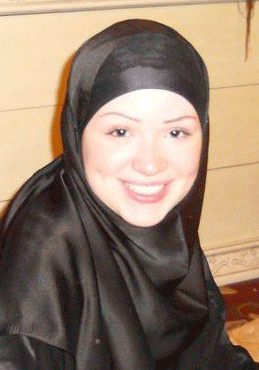Europe’s rights court on Friday rejected two cases brought by Muslims against Switzerland’s constitutional ban on the construction of new minarets.
The Strasbourg-based European Court of Human Rights said it would not consider the cases because the plaintiffs “cannot claim to be ‘victims’ of a violation” of the European Convention on Human Rights, which the court enforces.
One of the cases was brought by a former spokesman for the mosque of Geneva and the other by a number of Swiss Muslim associations.
Switzerland held a referendum in November 2009 in which citizens voted to ban the construction of new minarets, a move that drew criticism worldwide. The vote inserted a new line in the Swiss constitution stipulating that “the construction of minarets is forbidden”.
The plaintiffs had said the ban violated their religious rights, but judges in Strasbourg said they had not proven the ban “had any concrete effect” on the plaintiffs.
As the plaintiffs could not prove they planned to imminently erect a mosque with a minaret, they could not show they were subject to any discrimination, the judges said. “The simple fact that this could be the case in the near or far future is not, in the eyes of the court, sufficient” to warrant the examination of the cases, the judges said.
The Strasbourg court is due to consider three more cases on the minaret ban.
See also “Strasbourg minaret ruling causes no surprise”, Swissinfo, 6 July 2011

 DEARBORN — A local Muslim woman along with a Council on American-Islamic Relations-Michigan spokesman have questioned the protocol of the city’s police department after the woman was forced to remove her headscarf in the presence of male officers during a “facial recognition” procedure.
DEARBORN — A local Muslim woman along with a Council on American-Islamic Relations-Michigan spokesman have questioned the protocol of the city’s police department after the woman was forced to remove her headscarf in the presence of male officers during a “facial recognition” procedure.